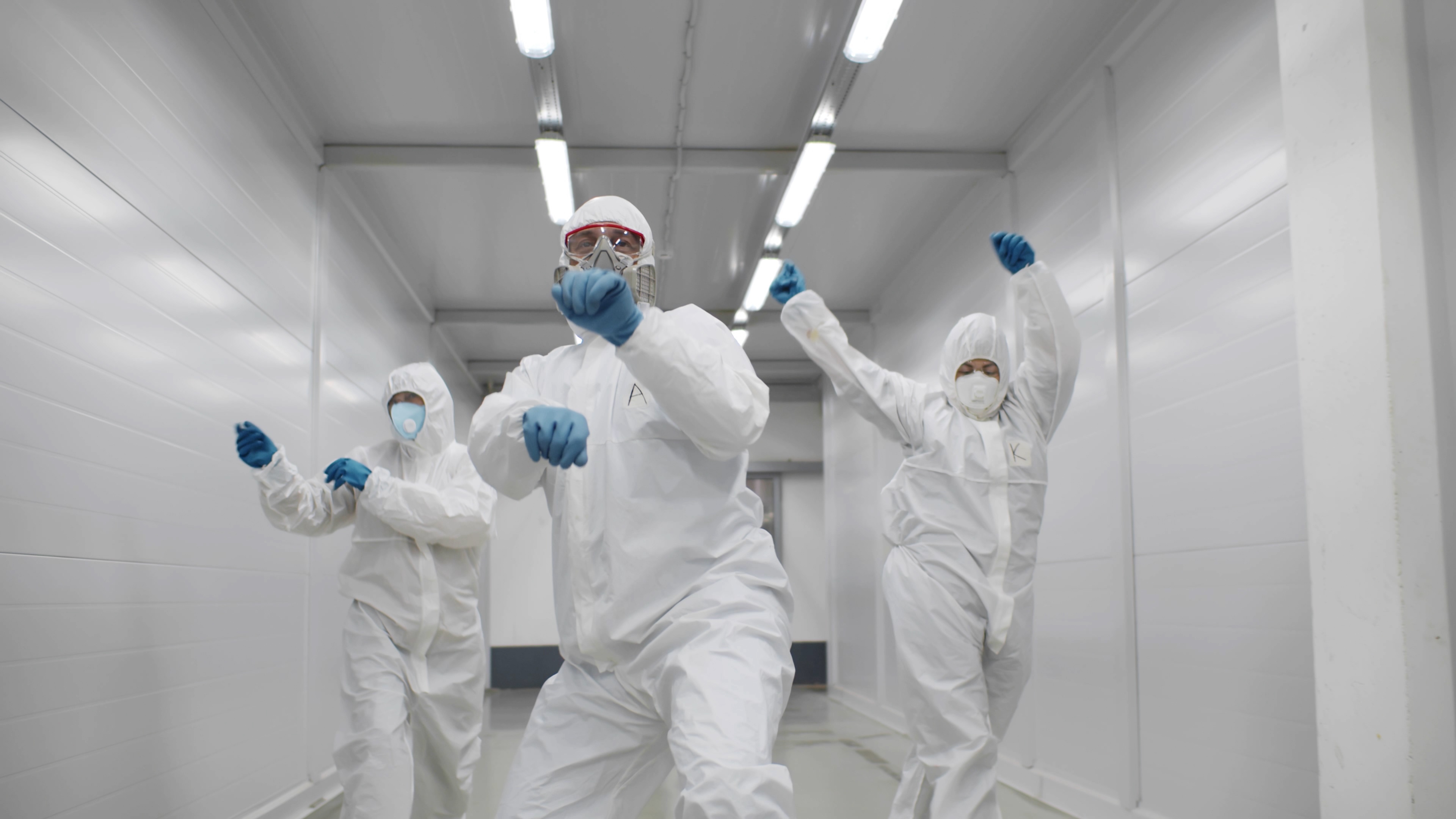Research shows that music can help ease the physical and mental fatigue experienced by UK workers in standing roles, including aesthetic practitioners.
Many UK workers in standing professions, including healthcare and aesthetics, report significant physical and mental fatigue, with a quarter (25%) spending over eight hours on their feet. In response to this challenge, new research from music licensing company PPL PRS highlights the potential of music to reduce the effects of prolonged standing, with 45% of workers noting its distracting and energising benefits.
According to the research, aesthetic practitioners and others in physically demanding roles experience common symptoms like physical fatigue (72%), sore legs or feet (68%), and mental exhaustion (44%). For many, music acts as a remedy; nearly nine in ten (86%) workers play music during their shifts, with 82% recognising its mood-boosting power. Additionally, 45% report that the right music helps them stay focused and energised throughout the day.
In aesthetic practices and other standing workplaces, pop (66%) and RnB (24%) are the most commonly played genres, aligning with the preferences of many workers. However, 22% would like to hear more rock music, which they believe could provide an even more uplifting work environment.
Music therapist Marianne Rizkallah, who contributed to the PPL PRS research, emphasises the role of rhythm in helping workers maintain a steady pace. “When it comes to music’s ability to boost your mood while working, rhythm acts as a ‘temporal organiser,’ providing structure to our movements. A steady beat helps you synchronise your actions, making repetitive tasks feel more manageable."
The PPL PRS research also underscores the benefits for both employees and customers. Two in five workers report that music creates a positive atmosphere that resonates with clients, which may be an important consideration for aesthetic practitioners who seek to maintain an inviting, calming environment.
With 43% of UK workers spending more than five hours on their feet each day, the importance of mood regulation and motivation cannot be overstated. PPL PRS has released a guide aimed at exploring how music can be used to boost productivity, relieve physical discomfort, and enhance the overall working environment for those in demanding standing roles.
For aesthetic practitioners who spend long hours attending to patients, incorporating music into the workplace may provide a subtle but effective way to alleviate fatigue, improve mood, and create a more enjoyable experience for both staff and clients.




